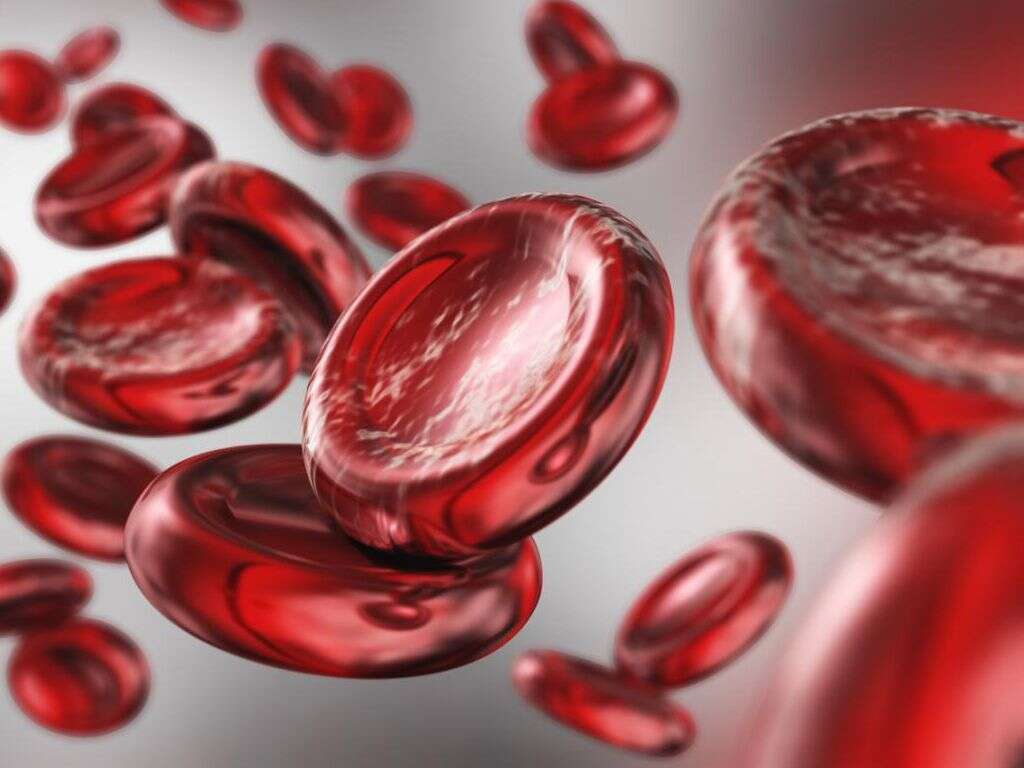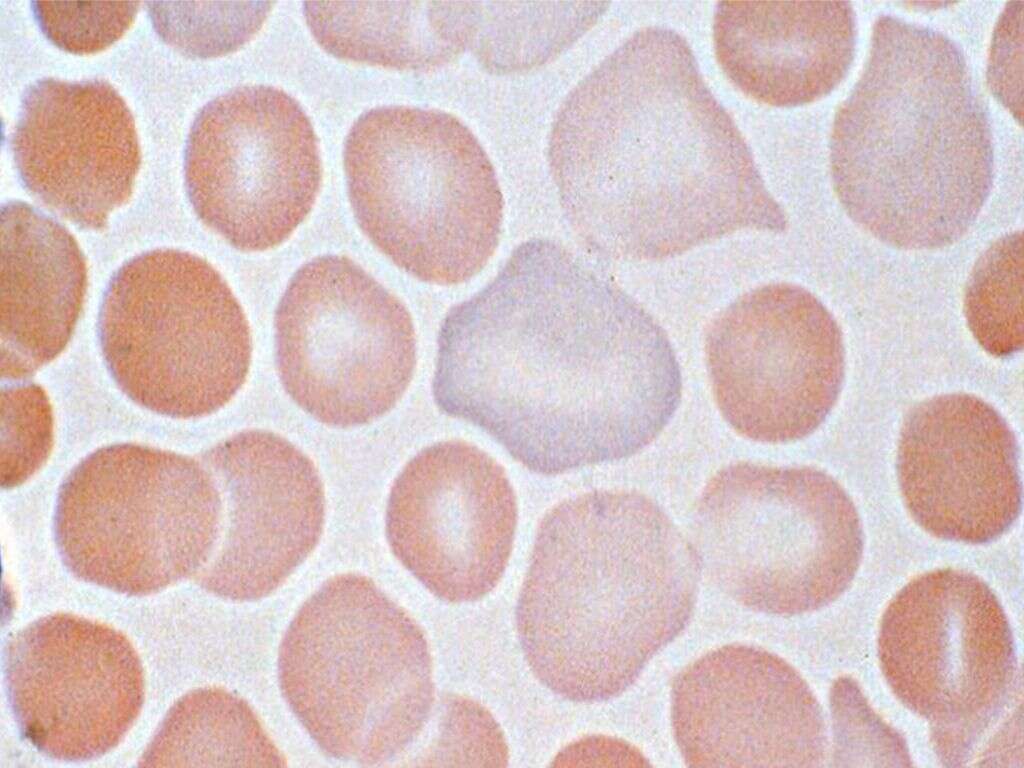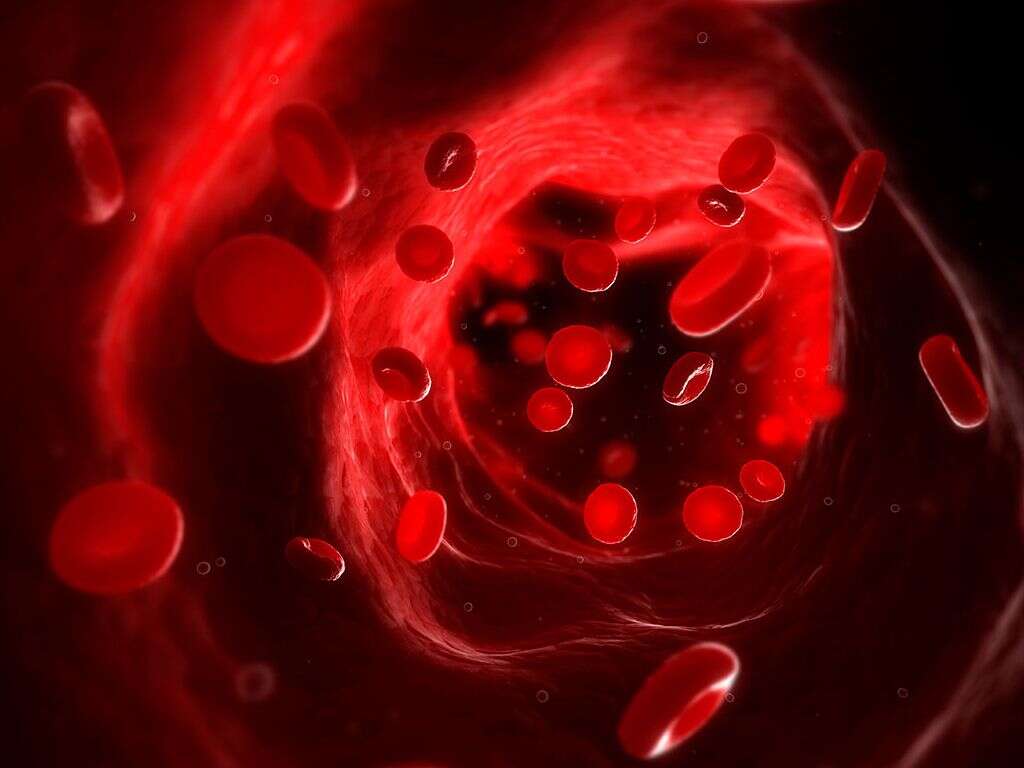10 Giant Cell Arteritis Symptoms
 Article Sources
Article Sources
- 1. 'Giant cell arteritis: Symptoms and causes.' Mayo Clinic, 2 Sept. 2020, www.mayoclinic.org/diseases-conditions/giant-cell-arteritis/symptoms-causes/syc-20372758
- 2. 'Giant cell arteritis.' MedlinePlus - Health Information from the National Library of Medicine, medlineplus.gov/ency/article/000448.htm
- 3. 'Giant cell arteritis.' Genetic and Rare Diseases Information Center (GARD) – an NCATS Program | Providing Information About Rare or Genetic Diseases, 21 Sept. 2018, rarediseases.info.nih.gov/diseases/9615/giant-cell-arteritis
- 4. 'Large-vessel giant cell arteritis: diagnosis, monitoring and management.' OUP Academic, 23 Feb. 2018, academic.oup.com/rheumatology/article/57/suppl/2/ii32/4898137
Neurological Symptoms
Giant cell arteritis in the head or chest can result in disruption of oxygen to the brain. It's not common for people with giant cell arteritis to have neurological symptoms, but some can occur.
In rare cases, a person with giant cell arteritis may experience symptoms of dementia, tingling in the hands or feet and difficulty with movement. Strokes related to giant cell arteritis are uncommon but possible if the illness isn't diagnosed and managed.3‘Giant cell arteritis.’ Genetic and Rare Diseases Information Center (GARD) – an NCATS Program | Providing Information About Rare or Genetic Diseases, 21 Sept. 2018, rarediseases.info.nih.gov/diseases/9615/giant-cell-arteritis
Advertisement











